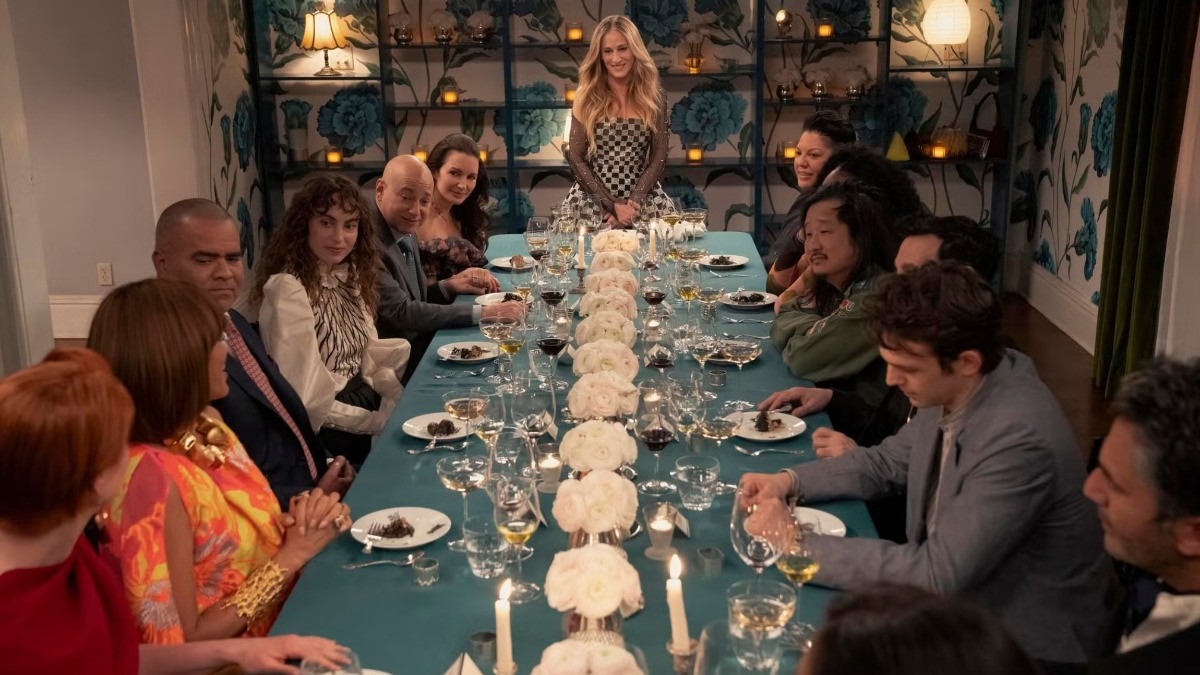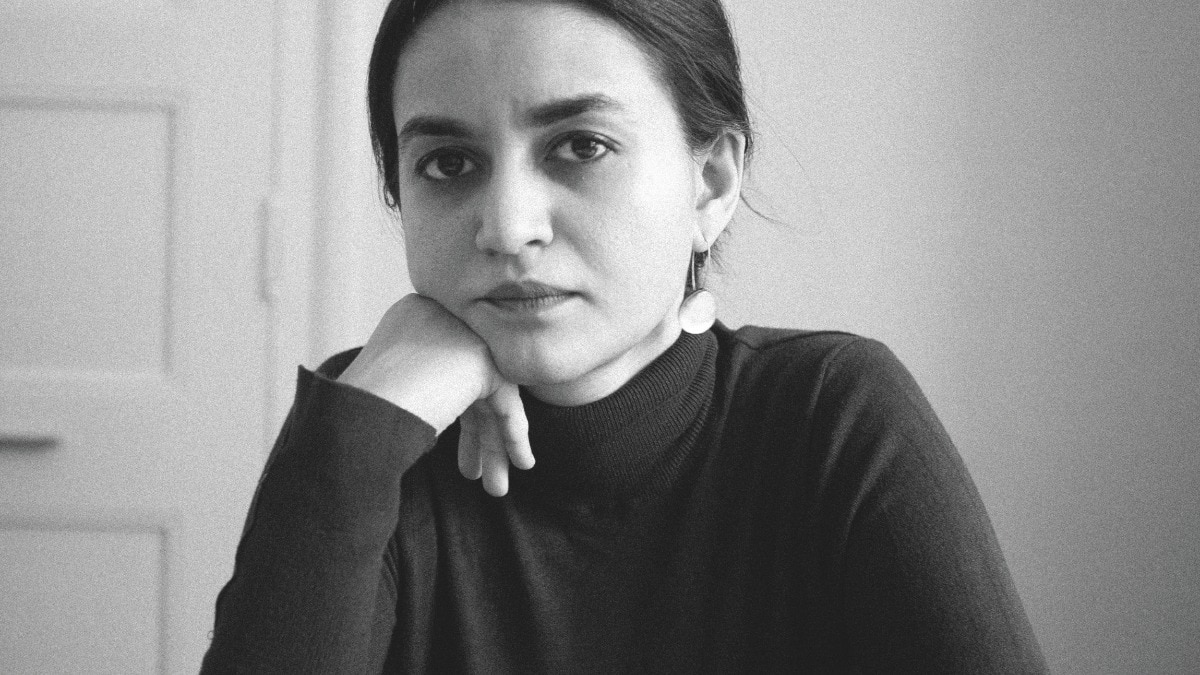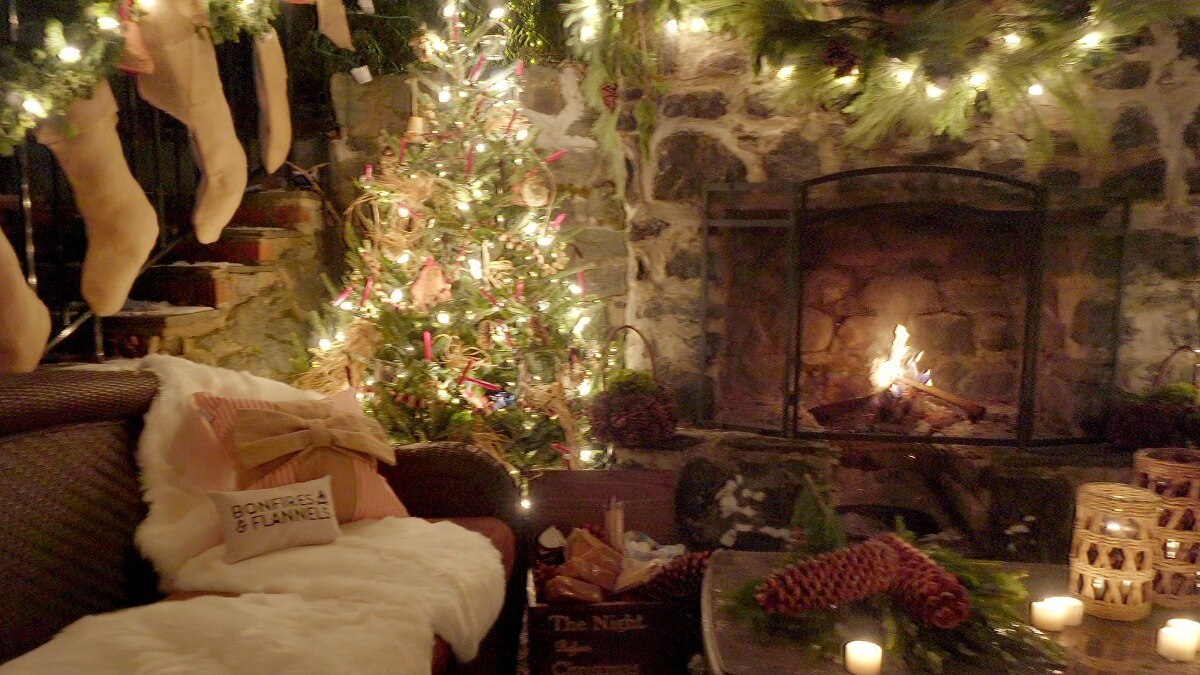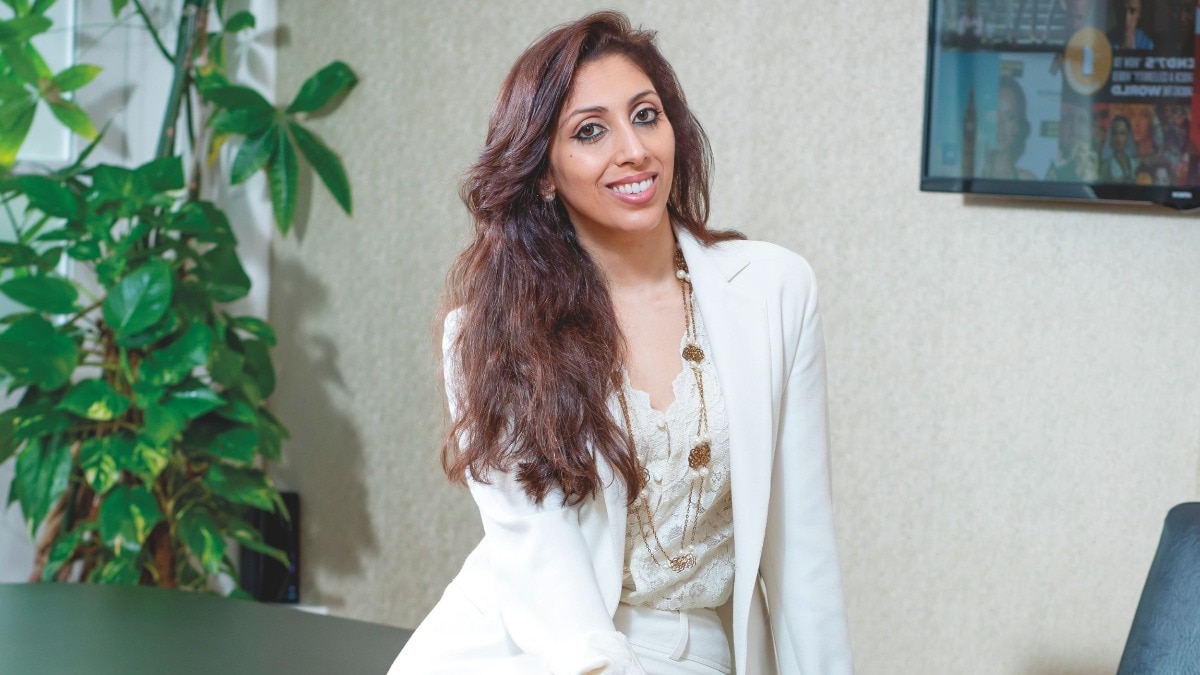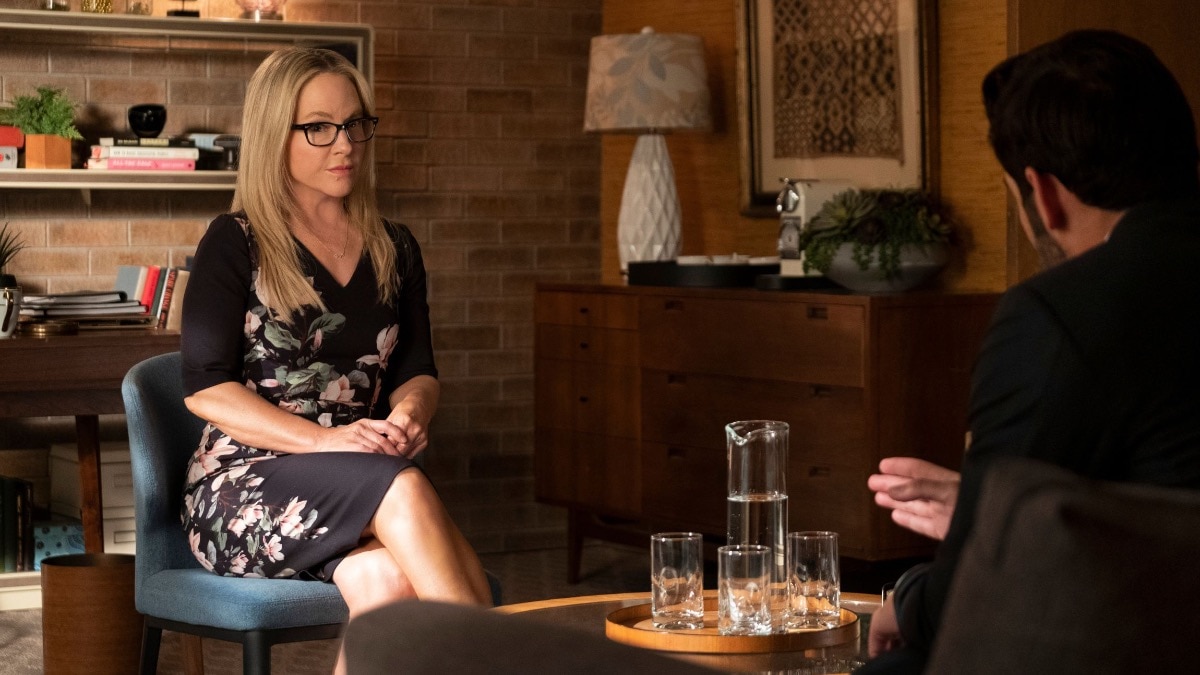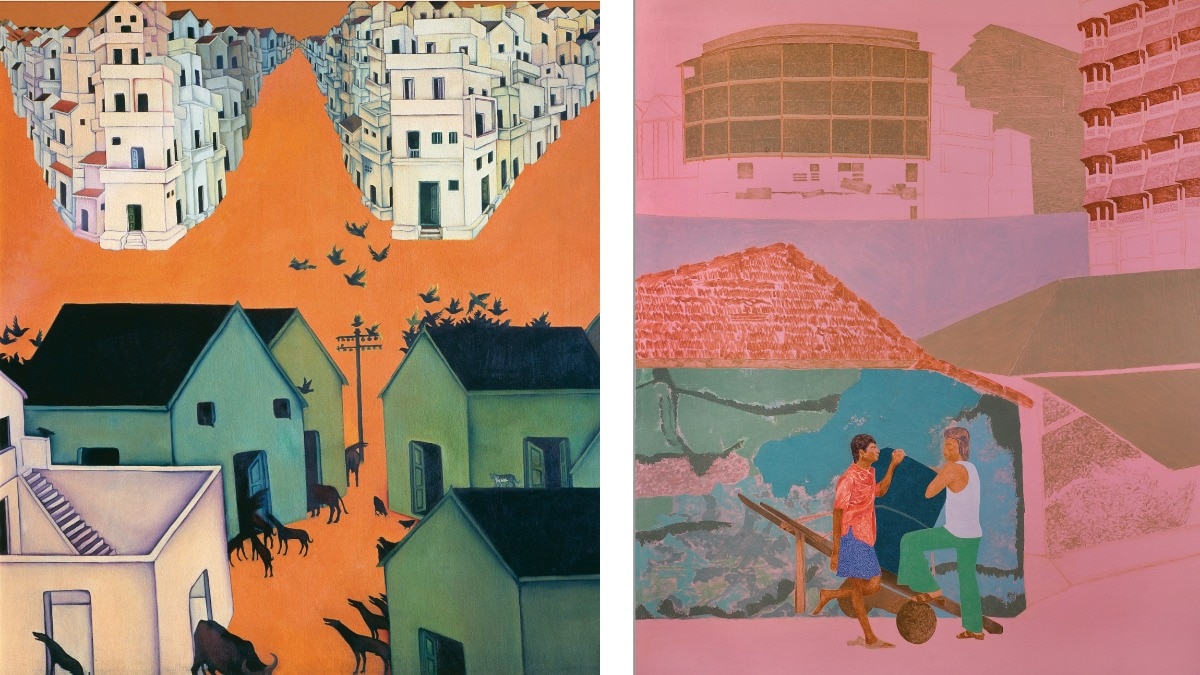
Maintenance over vanity: Navigating modern beauty with simplicity
In a world where beauty is a highly covetable commodity, is there a sweet spot between minimal effort and obsessive vanity? Here's how to make looking good a pleasure, not a chore.


There is a part of me—quite an insistent part—that wants to wash her face in the morning, slap on some sunblock and be done with it. It’s the same part that, in a parallel universe, has stopped colouring her hair and wears utility clothing. This version of me intensely dislikes, and maybe even disapproves of excessive vanity. It comes hurtling to the fore when I watch certain beauty influencers on TikTok. It isn’t just the outlandish amount of make-up they all trowel on, but also the fact that they are young. They start off with a bare face and you can see the pertness in their skin, the gorgeous peachy bloom that they will spend the coming decades trying to recapture. They look beautiful. "Leave your face alone," I mutter at my phone. Then, as the videos progress: "OK, fine, that’s nice", and next, "Lovely. Stop there". But they never do. And that’s the point at which I go all intransigent and think, every single time, "Oh my God. How is it possible to be so vain?"
I am averagely vain myself, and yet vanity, my own included, makes me uncomfortable. I’m 57, of a generation for which the idea of being considered massively vain—let alone earning a lucrative living from filming yourself being massively vain in public—would have been the most cringe-making thing imaginable. When did vanity become a commodity? Of course, beauty has always involved artifice, and of course, we knew how to scrub up nicely when we needed to, but I think we also instinctively understood something pretty basic about the intersection between vanity and insecurity. "She is covered in make-up," we’d say scathingly of some poor girl—not because we necessarily disliked the make-up, but because we were conscious of the pathos of hiding beneath quite so much of it, of the desire for reinvention literally having been painted on. We were all insecure young women in one way or another, but to broadcast that fact by wearing a mask of make-up felt embarrassing. (Make-up meant different things, too. I was 15 in 1980, a decade in which it was worn less for prettiness than to semaphore edginess as your underage self tried to blag her way into a club, or, later, to demonstrate power and competence, similar to a shoulder pad or a stiletto heel.)

I think that beauty, like so much else, has become binary: you’re either obsessed or too confused to keep up. So, what interests me now is the intersection between vanity and straightforward maintenance. That seems a manageable place to be: not giving up entirely, but not obsessing so crazily that you end up feeling permanently dissatisfied with how you look. Like it or not, we are all vain to some degree, even the make-up-free among us, since there is vanity in going bare-faced too: it requires a great deal of confidence in one’s looks. Women who choose not to wear cosmetics tend to have good skin and a decent bone structure; there is less of an imperative to gild the lily.
The rest of us feel that we are improved with a bit of help. But there’s such a vast disconnect between ‘a bit of help’ and the hyper-vanity of beauty influencers, between looking online for a decent night cream and being presented with a thousand confusing options, that a lot of people feel lost in limbo. On the one hand, there’s the trusty make-up that has served them well for decades—it may not be quite ‘of the moment’ (their daughter, whatever her age, is unlikely to ask to borrow it), but it more or less does the job. And then there’s the brave new world of endless launches and technical innovations in cosmetics and skincare—this ‘must-have’ and that ‘essential’ and this ‘waiting list’—which has created a landscape so vast and confusing, so weirdly specialised and alienating, that it can feel easier and more comfortable to walk away from it altogether.

What this sizeable category of people wants is to be vain, but not too vain. They wish to be themselves but discreetly improved or enhanced, as opposed to barely recognisable. They don’t have the time or inclination to apply 35 products to their face. If you fall within this category, the main thing to know is that doing very little can make a significant difference, especially if you don’t love the way in which your face is ageing. There’s no need to choose between a kind of absolutist puritanism—‘I no longer understand the beauty world, therefore I will use either nothing or my old brown pencil’—and imitation: ‘I must learn how to do my face like the 22-year-olds on social media.’ It’s not as scary as it seems, and it’s important to not to feel bullied out of the picture. My mantra is that skincare is everything—at any age, but particularly for older women—and that make-up is secondary. In my view, the greatest mistake older women make is to take a haphazard approach to looking after their skin, and then try to compensate by wearing the same amount of make-up as they did in their youth (often using the same lo-tech toolkit). I believe in better skincare and less make-up, but in both cases focusing on really good products, with excellent modern formulations that are a cinch to apply: a serious serum and a fantastic new eye pencil can be transformative. It’s an approach that feels more like maintenance than vanity, and that makes me happy.
This piece originally appeared in the Dec 2023/Jan 2024 print issue of Harper's Bazaar UK
Feature Image: Pinterest
Images- Pinterest





